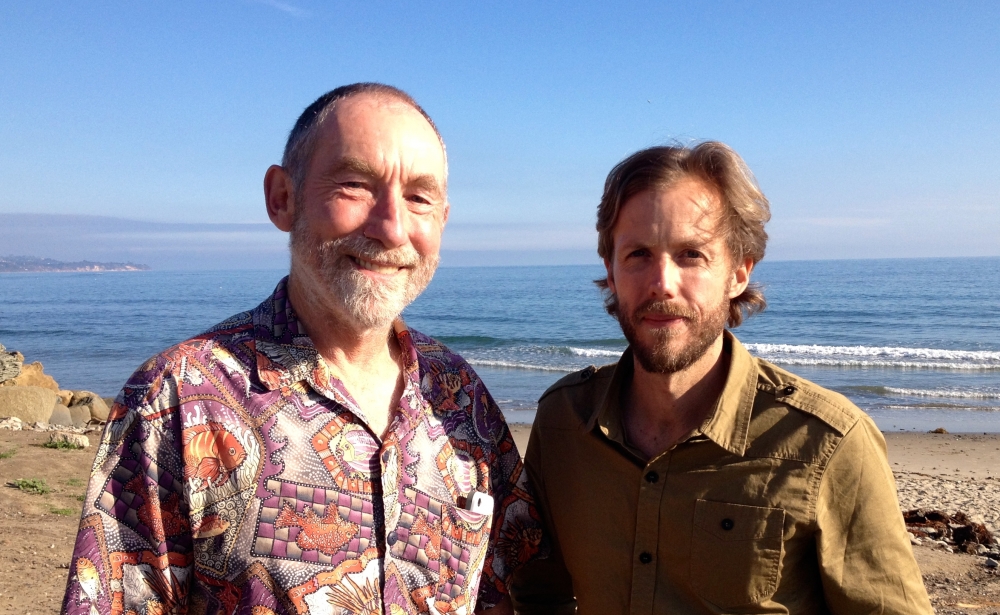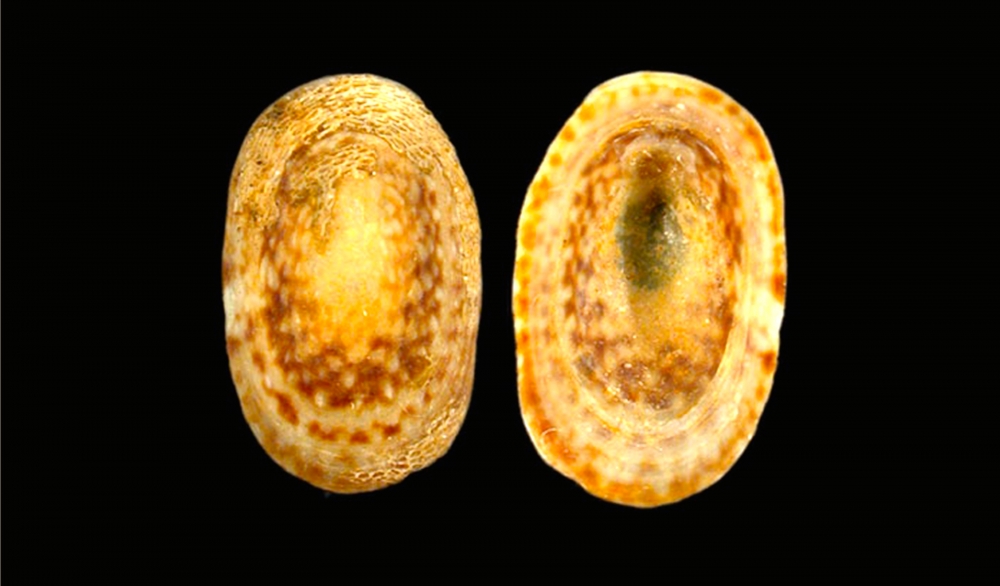The Dead Sea
A Potentially Stinky Outcome of Climate Change

Though extinctions among sea life have been occurring at a slower pace than for land animals, scientists warn that the next 100 years of industrial sea harvests plus climate change may see the same patterns take place under the sea that led to the collapse of some terrestrial wildlife. “Anyone that has ever kept a fish tank knows that if you crank up your aquarium heater and dump acid into the water, your fish are in trouble,” said Malin Pinsky, an ecologist at Rutgers University, who co-authored the new report, “Marine defaunation: Animal Loss in the Global Ocean,” in the peer-reviewed journal Science. “This is what climate change is doing now to the oceans.”

The new report finds the scale of modern activity in the world’s oceans ramping up to a level comparable to the Industrial Revolution’s effect on farms, forests, and mines. “Our tackle box has industrialized,” said lead author of the paper, UCSB marine biologist Douglas McCauley. Factory farms in the sea and “feed lots” for tuna, as well as claims for tracts of the sea floor for mining, all affect the health of marine wildlife populations, according to the report. McCauley also pointed to industrial-scale fishing with helicopters, satellite-guided super trawlers, and long-line fishing that can stretch from New York to Philadelphia.
Both McCauley and Robert Warner, another participant in the Science report, are professors and researchers at UCSB’s Ecology, Evolution, and Marine Biology department. Warner believes that setting up marine protected areas are a limited solution. “We need creative and effective policy to manage damage inflicted upon ocean wildlife in the vast spaces between marine protected areas,” he said. “We can blunder forward and make the same mistakes in the sea that we made on land, or we can collectively chart a different and better future for our oceans.”



